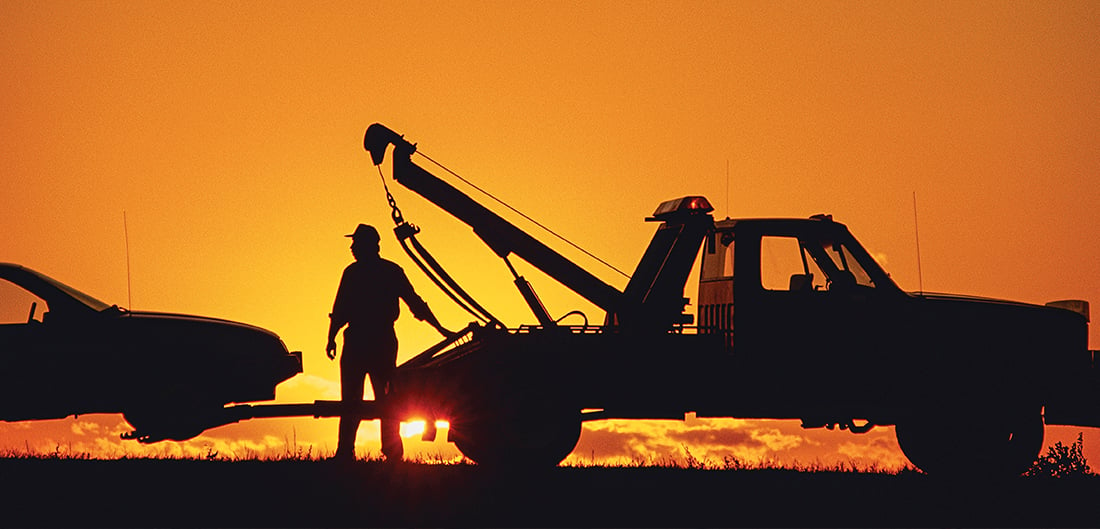Just as shady contractors target homeowners in the aftermath of destructive storms, dubious towing companies are finding ways to exploit drivers who have been in accidents.
And unfortunately, when dealing with the lightly regulated towing industry, the onus often falls on accident victims to avoid becoming victims of swindlers.
But there’s also good news: it just takes some education—and a little good sense—to thwart these fraudsters.
They might seem like a helping hand there in your time of need. But companies who show up uninvited to accident sites and initiate towing services independent of your insurance should probably prompt caution more than gratitude.
Entering into an agreement with the wrong towing company can lead to unintended outcomes, as shady actors often employ dishonest tactics that delay recovery of the car and, ultimately, result in sky-high costs.
“It’s understandable that, following a traumatic event like a car accident, we might put our trust in someone who seems like they are trying to help,” Heather McMahon, a vice president for auto claims at ERIE, said. “Unfortunately, there are a lot of unethical towing companies out there preying on our vulnerability in that moment, and once they’ve worked their way into the situation, the Customer is more or less at their mercy.”
Disreputable companies can go to great lengths to be the first ones at accident scenes. They cruise the road, monitor police scanners and even employ a network of spotters who call in the sites of accidents when they see them.
When they arrive, tow truck drivers may say anything to convince accident victims to sign paperwork giving them possession of the vehicle. Getting the car back, however, can prove to be a challenge, as these companies often evade phone calls and visits as a way to rack up storage fees. And when these companies provide a bill for their services, charges often total far more than promised, potentially reaching thousands of dollars while including various bogus fees.
Avoiding companies whose very existence depends on their success in preying on accident victims can be tricky. But it can be done if you’re prepared, according to McMahon.
“These companies can be very persuasive,” she said. “But never forget that it’s your choice who you select as your towing company. You’re in control.”
One way Customers can be sure the company towing their car is legitimate is by using ERIE’s Emergency Roadside Service (or other applicable towing coverage). These tows are vetted and contracted by ERIE. Likewise, when police request tows at an accident’s scene, credible, contracted companies handle the job. Should you ever find yourself dealing with a questionable towing company following an accident, keep these practices in mind:
Confirm It’s the One
Be sure the tow truck that arrives is the same one dispatched by the police or ERIE. When using Roadside Service coverage, you will receive a text with the name of the company that will be handling your job. Customers can request a tow via the ERIE mobile app or by calling 800-367-3743.
Be in Command
Get identification, such as a business card, with the company’s name, address and phone number—then relay this information to ERIE.
Get a Plate Number
Take down the tow truck’s license number and any identifiable information on its exterior.
Check the Numbers
Don’t sign a towing slip or paperwork unless the fees are filled in.
Call Your Agent
If you have any questions about what you’re signing, call your ERIE Agent.
Call 911 If Need Be
If police haven’t responded to the accident, or the towing company won’t give you information you’ve requested, call 911 and ask for assistance.
